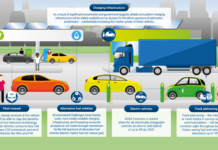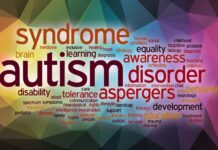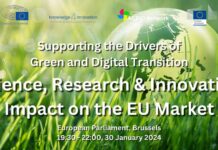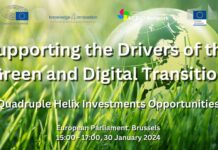High representative in ACRID Advisory Board, and the chair of this working group is Eunika Mercier-Laurent PhD
 Among 100 world experts of Entovation Intl since 1996, she is President of Innovation3D, International Association for Global Innovation, chairman of IFIP WG on Knowledge Management, member of New Club of Paris, expert for EU programs and author of over hundred publications and books (Innovation Ecosystems, Innovation Biosphere and Intelligence in Energy). More on http://innovation-ecosystems.eu
Among 100 world experts of Entovation Intl since 1996, she is President of Innovation3D, International Association for Global Innovation, chairman of IFIP WG on Knowledge Management, member of New Club of Paris, expert for EU programs and author of over hundred publications and books (Innovation Ecosystems, Innovation Biosphere and Intelligence in Energy). More on http://innovation-ecosystems.eu
Electronics engineer (Politechnika Warszawska), doctor in computer science (Paris 7 University), HDR (Jean Moulin Lyon 3 University), PRU qualified, associate researcher at CReSTIC and professor at EPITA International Masters and at Skema. In her career: researcher at INRIA (Trefle, Kayak), computer design (Bull Group), artificial intelligence: research and innovative applications worldwide (Bull-CEDIAG). Chair IFIP TC12 Artificial Intelligence, Chair IFIP TC12.6 (AI for Knowledge Management), Member of the Management Board Knowledge for Innovation (EU), expert for EU programs and author of more than 130 scientific articles and books. Research: AI for innovation ecosystems, knowledge management and resolution of complex problems, eco-design, impacts of AI and AI for Sustainability, hybrid AI.
The “Processing Data and Artificial Intelligence in Science” working group plays a critical role in advancing the application of data processing and artificial intelligence (AI) techniques in scientific research. Here are some potential actions and initiatives that such a working group might undertake:
- Research Collaboration: Foster collaboration among scientists, researchers, and AI experts to promote the integration of AI techniques into scientific investigations.
- Data Management and Sharing: Develop standards and best practices for the management, storage, and sharing of scientific data to ensure its accessibility, reproducibility, and usability for AI applications.
- Data Preprocessing and Cleaning: Explore AI-driven approaches for data preprocessing and cleaning, which are essential for improving data quality and reliability in scientific research.
- Data Integration: Develop AI-driven methods for integrating diverse data sources, such as sensor data, experimental results, and observational data, to derive meaningful insights.
- Machine Learning for Scientific Discovery: Promote the use of machine learning algorithms for hypothesis generation, data analysis, and pattern recognition in various scientific disciplines.
- AI in Computational Modeling: Explore the application of AI techniques, including neural networks and reinforcement learning, in creating and optimizing computational models for scientific simulations.
- Image and Signal Processing: Develop AI-powered image and signal processing techniques to enhance the analysis of scientific images, such as those from microscopy, astronomy, and medical imaging.
- Natural Language Processing (NLP): Apply NLP and text mining methods to extract knowledge from scientific literature, patents, and textual data in research articles.
- Data Visualization: Create AI-driven data visualization tools to help scientists interpret complex datasets and communicate their findings effectively.
- AI in Drug Discovery: Collaborate with pharmaceutical and biotech industries to apply AI algorithms for drug discovery, including virtual screening and drug-target interaction prediction.
- Climate Modeling and Environmental Science: Utilize AI to improve climate modeling accuracy, analyze environmental data, and predict climate-related trends and events.
- Healthcare and Medical Research: Explore AI applications in medical diagnosis, genomics, personalized medicine, and healthcare analytics to advance medical science.
- Genomic Data Analysis: Develop AI techniques for analyzing large-scale genomic datasets and identifying genetic factors associated with diseases and traits.
- High-Performance Computing: Leverage AI to optimize scientific computing on high-performance computing (HPC) clusters, speeding up simulations and calculations.
- Ethical Data Use: Promote ethical considerations in AI-powered scientific research, including data privacy, bias mitigation, and responsible AI use.
- AI Education and Training: Offer training programs, workshops, and resources to educate scientists and researchers on AI techniques and their applications.
- AI Tools and Platforms: Develop and share AI tools, platforms, and libraries tailored for specific scientific domains.
- AI for Sustainable Development: Apply AI to address challenges related to sustainability, including agriculture, energy, and natural resource management.
- Collaboration with AI Research Communities: Collaborate with AI research communities and industry partners to stay updated on the latest AI advancements and methodologies.
- Public Engagement and Outreach: Communicate the value of AI-driven scientific research to the public and policymakers, emphasizing its potential impact on science and society.























